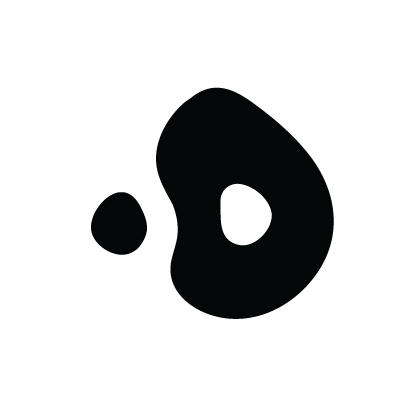The Depression Guidebook
Evidence-Based Tools & Expert Guidance
Using the most effective, evidence-based clinical tools, the Depression Guidebook helps you implement five distinct strategies for managing depression. These are the most trusted tools for improving motivation, internal dialogue, and relationships to help you cope with and manage the symptoms of depression.
Inside the Workbook
Five sections cover different evidence-based tools for depression: Designed in collaboration with experienced clinicians and based on replicated, randomized, controlled scientific evidence, this guidebook features five evidence-based tools: Acceptance & Commitment Therapy, Behavioral Activation, Cognitive Behavioral Therapy, Growth Mindset, and Dialectical Therapy.
Therapist notes and science-focused overviews to guide you as you learn each new tool: Each section begins by contextualizing the featured tool to understand what it is and how it works. Then the focus moves to a Practice element, allowing you to apply the tool directly and learn to manage depression better.
Structured exercises, spread across 80+ journal entries, to help you practice each tool: The format of the activities is based on mechanisms that therapists often use with their clients. Each tool is designed to help you make specific changes to improve depression and building-related skills to keep up your momentum.
An appendix with additional resources: Beyond learning and practising evidence-based tools, this guidebook also helps you learn more about depression and other resources you can explore.
FAQs
How will this notebook help with depression?: This book offers a primer on some of the most effective tools for depression — with the idea that you can discover the best tools for you. Each section of the book introduces an evidence-based tool, which you'll learn about through an educational overview, followed by written exercises to help you practice. Collectively, the devices will help you improve your motivation, improve your internal dialogue, and improve your relationships.
When should I use this workbook?: This entire book was designed to be helpful, no matter where or when you begin. You are more than welcome to pause and skip around based on what you believe will work best for you. We recommend making this book a part of your routine and working through the chapters in order; we recommend trying each tool for at least a week.
What is the purpose of this workbook? This book aims to help you feel better by guiding you through the tools that therapists and researchers consider to be the most effective for depression.










